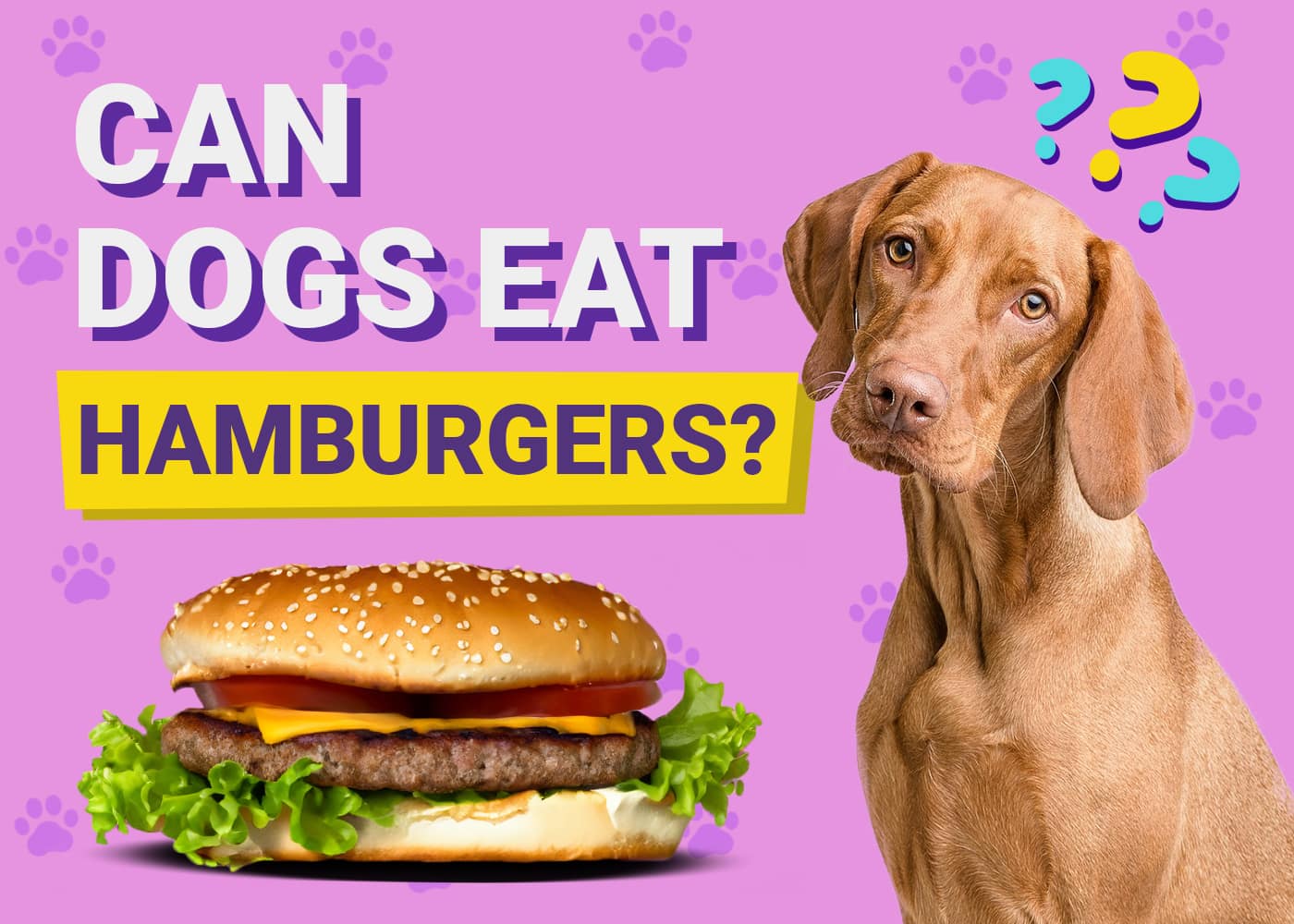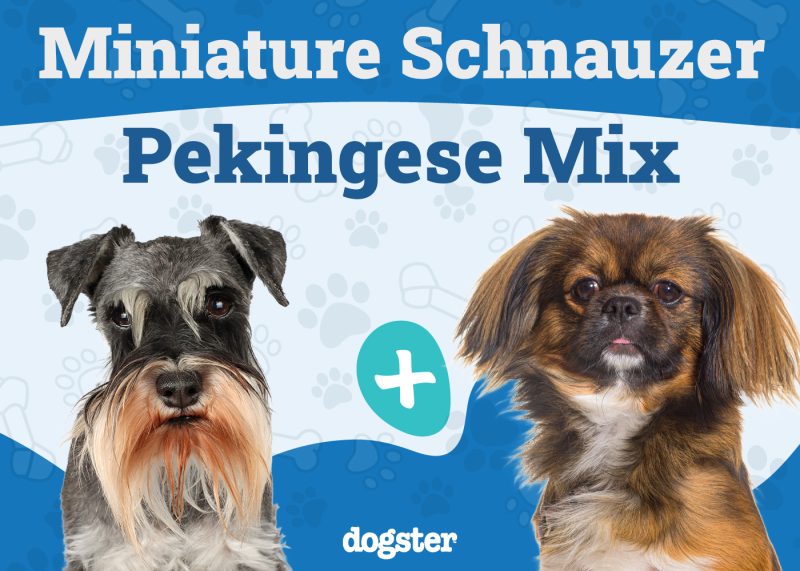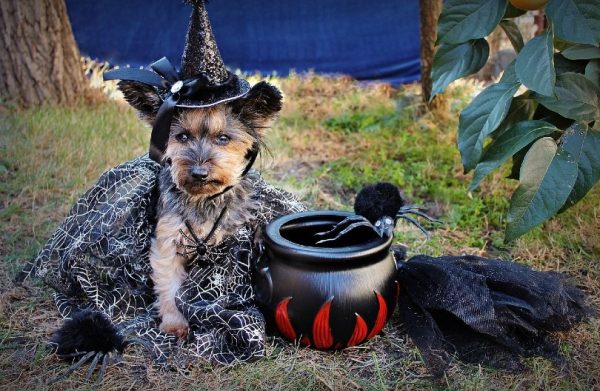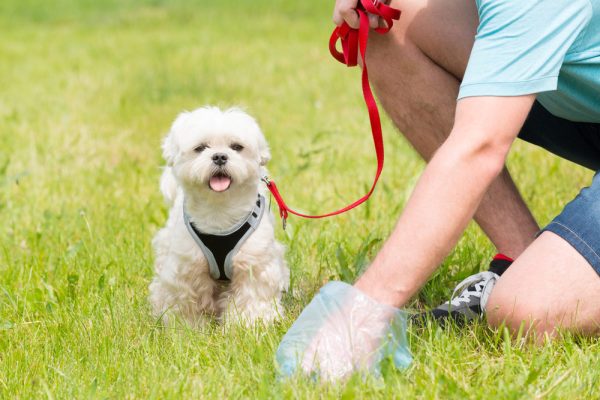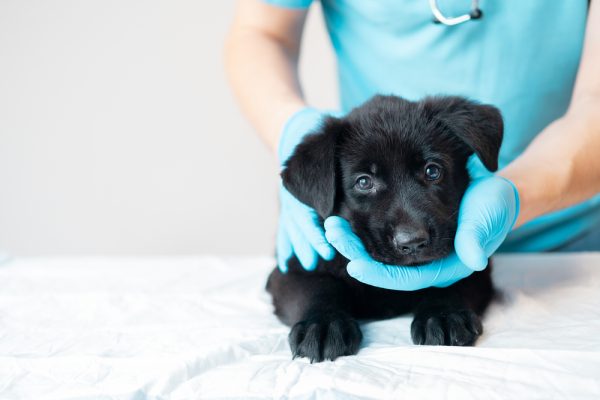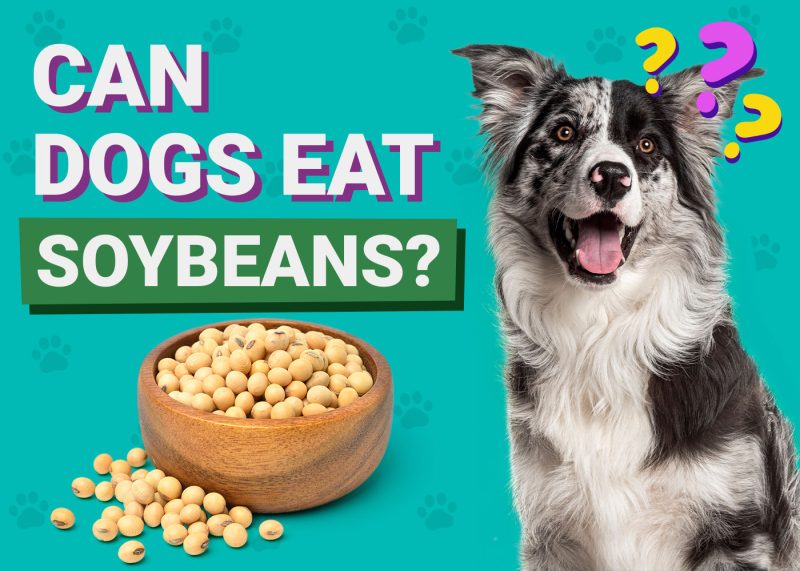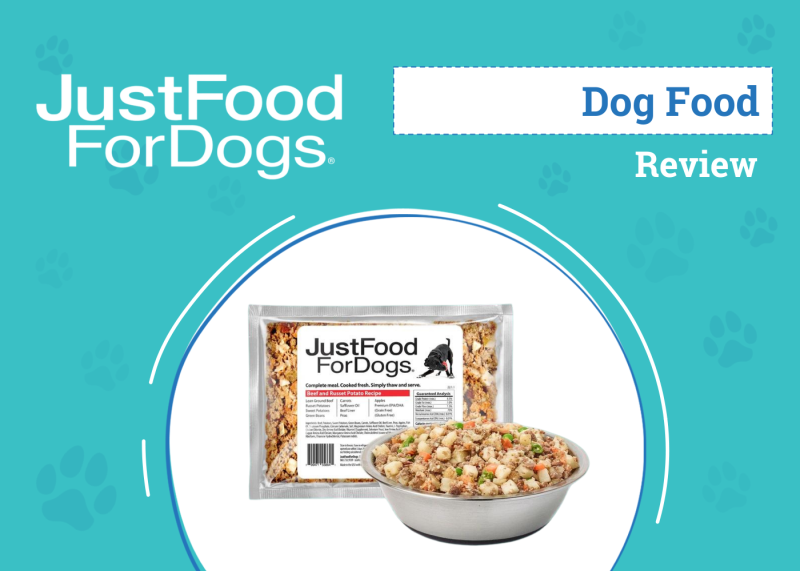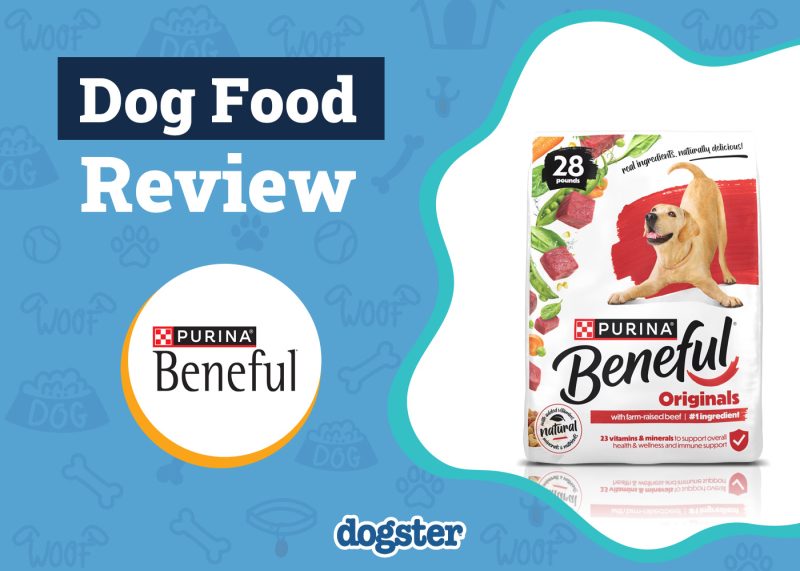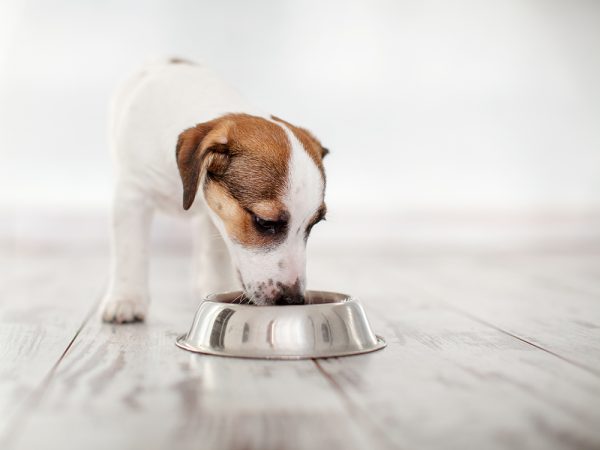Are you barbecuing and wondering if you can feed your dog a hamburger? Or did they eat one, and you’re worried about their safety? The good news is that most hamburger components are completely safe for dogs, minus a few exceptions. Does this mean that you should feed them hamburgers often? Probably not. Keep reading to learn why and more about each hamburger ingredient.

Should You Feed Your Dog Hamburgers?
While feeding your dog “people food” regularly can become a problem for several reasons, like teaching bad food manners and leading to chronic health issues like obesity, the occasional one isn’t harmful. If you’re celebrating at a party or attending a backyard barbecue, your pup may join in with a hamburger.
However, not all hamburger ingredients are safe for dogs. You should know which toppings your dog can and cannot have. Remember that just because a food is generally safe for dogs, your dog may be allergic to it, just like humans have food allergies. If you need help determining whether to feed your dog a particular food, contact your veterinarian.
If you need to speak with a vet but can't get to one, head over to PangoVet. It's our online service where you can talk to a vet online and get the advice you need for your pet — all at an affordable price!
The Meat
Dogs eat meat regularly in dog food, and they can also consume some veggies and fruit for nutrition. However, many hamburger patties contain additional seasonings that could be toxic to your pet. Spices may cause mild stomach upset, but garlic and onion could cause life-threatening anemia in large enough quantities. If you have decided you would like to make a dog-safe hamburger, it’s best to avoid seasonings altogether.
The hamburger patty for your pet should be made of lean meat, as it will contain more meaty protein and less unnecessary fat. You can also use ground chicken or turkey. Be sure to cook the patty thoroughly and let it cool. Cutting it into pieces can reduce choking hazards, especially for small dogs.
The Cheese
Cheese is relatively safe for dogs in moderation and if your dog has no pre-existing digestive problems like chronic pancreatitis. Cheese may lead to weight gain when fed often because it is high in calories, but it is an excellent treat for some. Be sure to choose a low-fat cheese with no spices, peppers, or other ingredients. Some dogs can develop an upset stomach from dairy products.

The Bun
Bread is usually safe for dogs if it is plain white or wheat bread. Hamburger buns may be flavored with added ingredients like sweeteners, contain sesame seeds that can cause health problems for some dogs, or cause obesity if fed often. If you are preparing a burger for your dog, leave out the bread.
The Lettuce
Dogs can have lettuce, but only certain varieties. Romaine and iceberg are the two most popular for hamburgers, so you should be safe adding a piece to your dog’s burger. While lettuce won’t provide them with many nutrients, it could provide extra fiber and a fun crunch. Many dogs love the crunch! However, you should limit their intake of lettuce as it can cause stomach issues in large quantities.
The Tomato
While canned tomatoes and jarred pasta sauces are harmful to dogs, the sliced, fresh tomatoes added to a hamburger are typically safe. However, they should be ripe. Green tomatoes contain chemicals that can cause serious side effects in some dogs, even though it’s rare. It won’t hurt to add one or two to their burger if the tomato slices are ripe and they aren’t allergic.
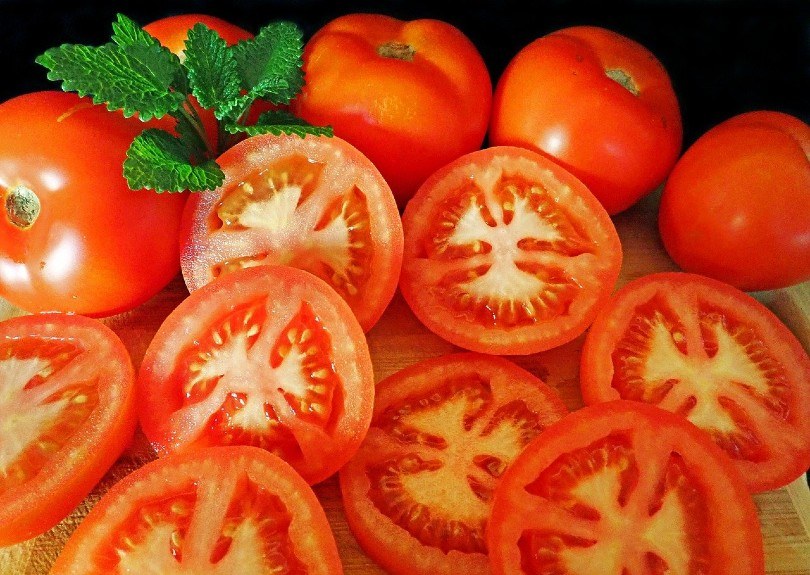
The Onions
Onions are toxic to dogs and should be avoided in all forms. Onions are dangerous whether added to the hamburger patty as a seasoning or sliced up as a topping. A compound in onions called N-propyl disulfide causes red blood cells to break down, causing severe anemia that can eventually lead to organ failure or worse. You should keep the onions away from all pets when cooking or grilling to avoid accidental ingestion.
The Condiments
Ketchup has dangerous seasonings, mayo is high in fat, and even a tiny amount of mustard can cause severe gastroenteritis. These are the most common hamburger condiments, but it’s safe to say that many others could also be dangerous for pets. When you doubt the safety of something your dog has eaten, contact your veterinarian.
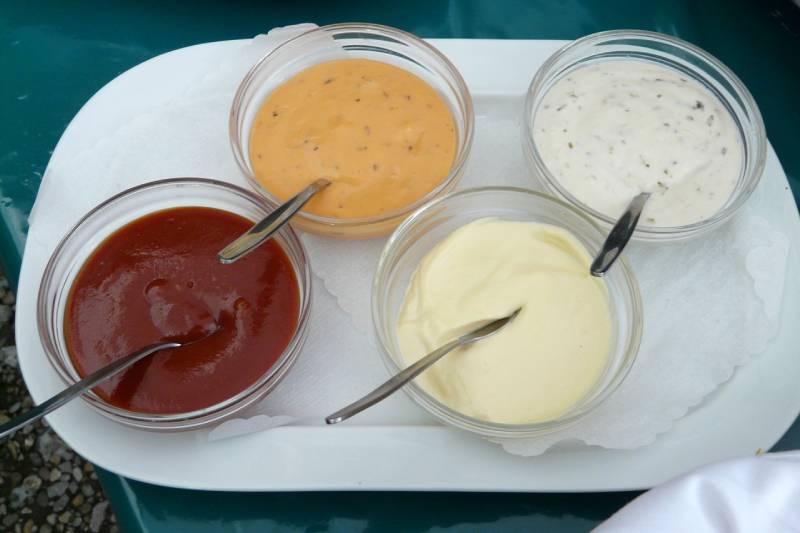

Summing Up
Your pup doesn’t need a gourmet burger, but a plain burger now and then is safe for most dogs. Dogs can eat many of the essential components of a hamburger; however, they are not ideal. If you see that they have eaten some of the more concerning ingredients, contact your vet. If you are making their hamburger with simple and limited ingredients as a special treat, you can do this once in a while.
- Related Read: Can Dogs Eat French Toast?
Featured Image Credit: JRMartins, Pixabay
